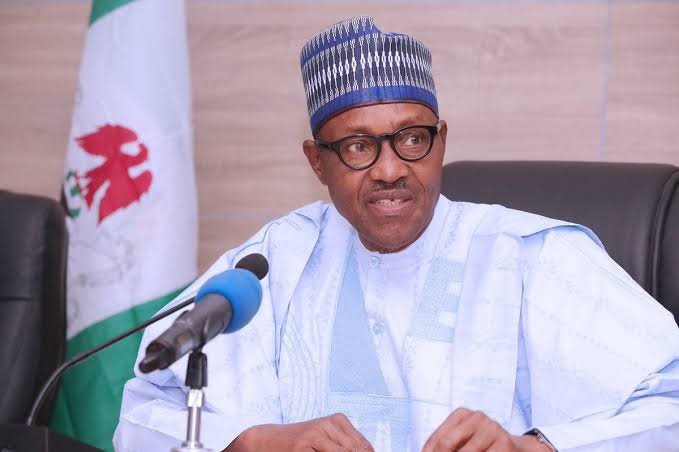President Muhammadu Buhari has disclosed how the $311 million Abacha loot repatriated from the United States would be spent.

Odunews.com reports that the Nigerian Government received over $311m looted by former military dictator, Sani Abacha, from the United States.
President Buhari indicated that the funds have been allocated for infrastructure development that is decades-overdue across Nigeria.
A statement by the President’s spokesperson, Garba Shehu said the money has been allocated for the completion of the second Niger Bridge, the Lagos-Ibadan and Abuja-Kaduna-Kano expressway.
Also, part of the money will be used for the creation of tens of thousands of Nigerian construction jobs and local skills, which can then be useful in future projects.
The statement reads: “On Monday, May 4, 2020, some $311 million US Dollars – stolen from the citizens of Nigeria during the Abacha regime – were safely returned to our country from the United States.
These funds have already been allocated, and will be used in full, for vital and decades-overdue infrastructure development: The second Niger Bridge, the Lagos-Ibadan and Abuja-Kaduna-Kano expressways – creating tens of thousands of Nigerian construction jobs and local skills, which can then be useful in future projects.”
He also disclosed that part of the funds will be invested in boosting Nigeria’s power sector.
The statement added: “Part of the funds will also be invested in the Mambilla Power Project which, when completed, will provide electricity to some three million homes – over ten million citizens – in our country.
“The receipt of these stolen monies – and the hundreds of millions more that have already been returned from the United Kingdom and Switzerland – are an opportunity for the development of our nation, made far harder for those decades the country was robbed of these funds.
“Indeed, previous monies returned last year from Switzerland – some $320 million US dollars – are already being used for the government’s free school feeding scheme, a stipend for millions of disadvantaged citizens, and grain grants for those in severe food hardship.”

